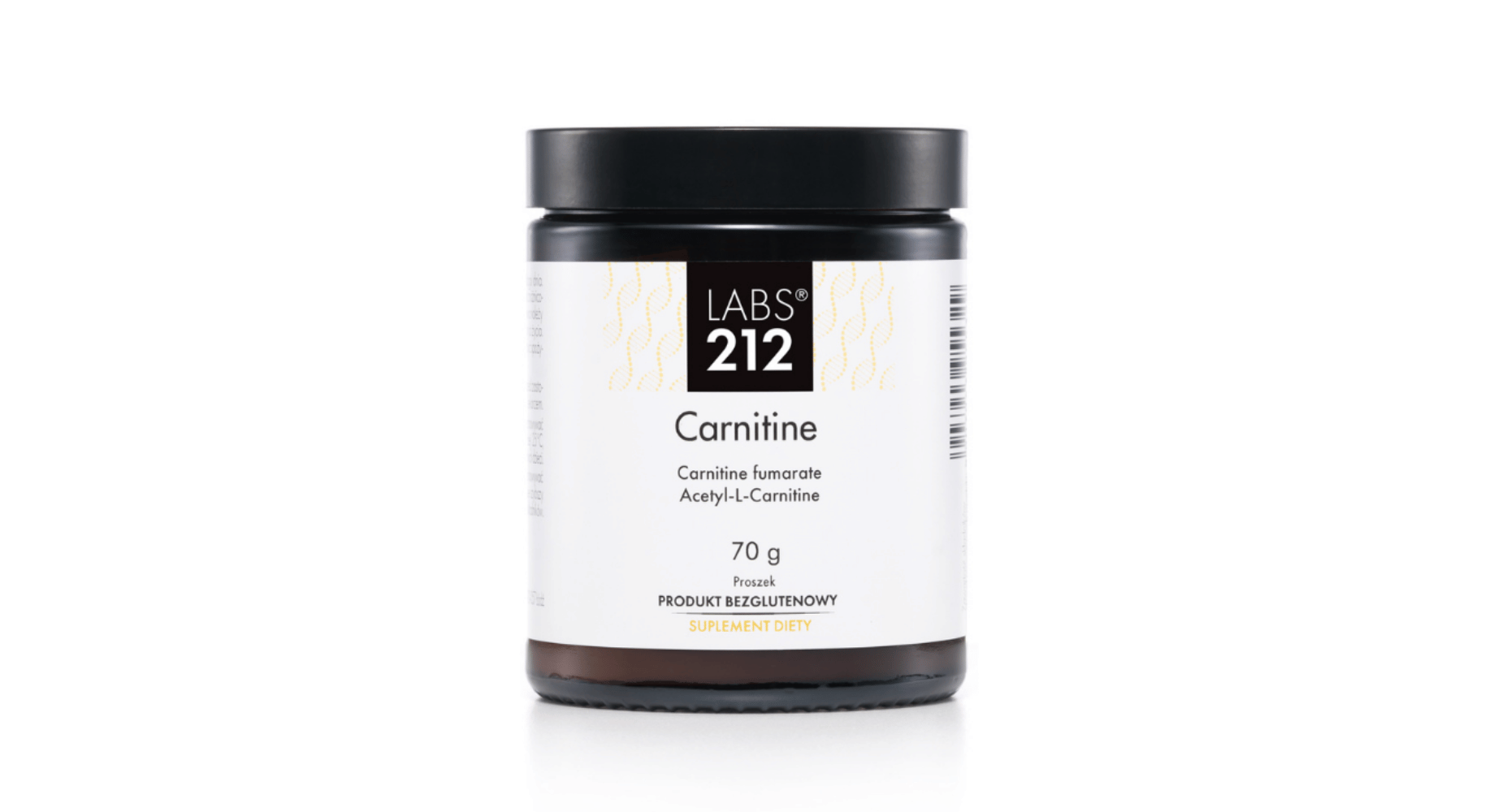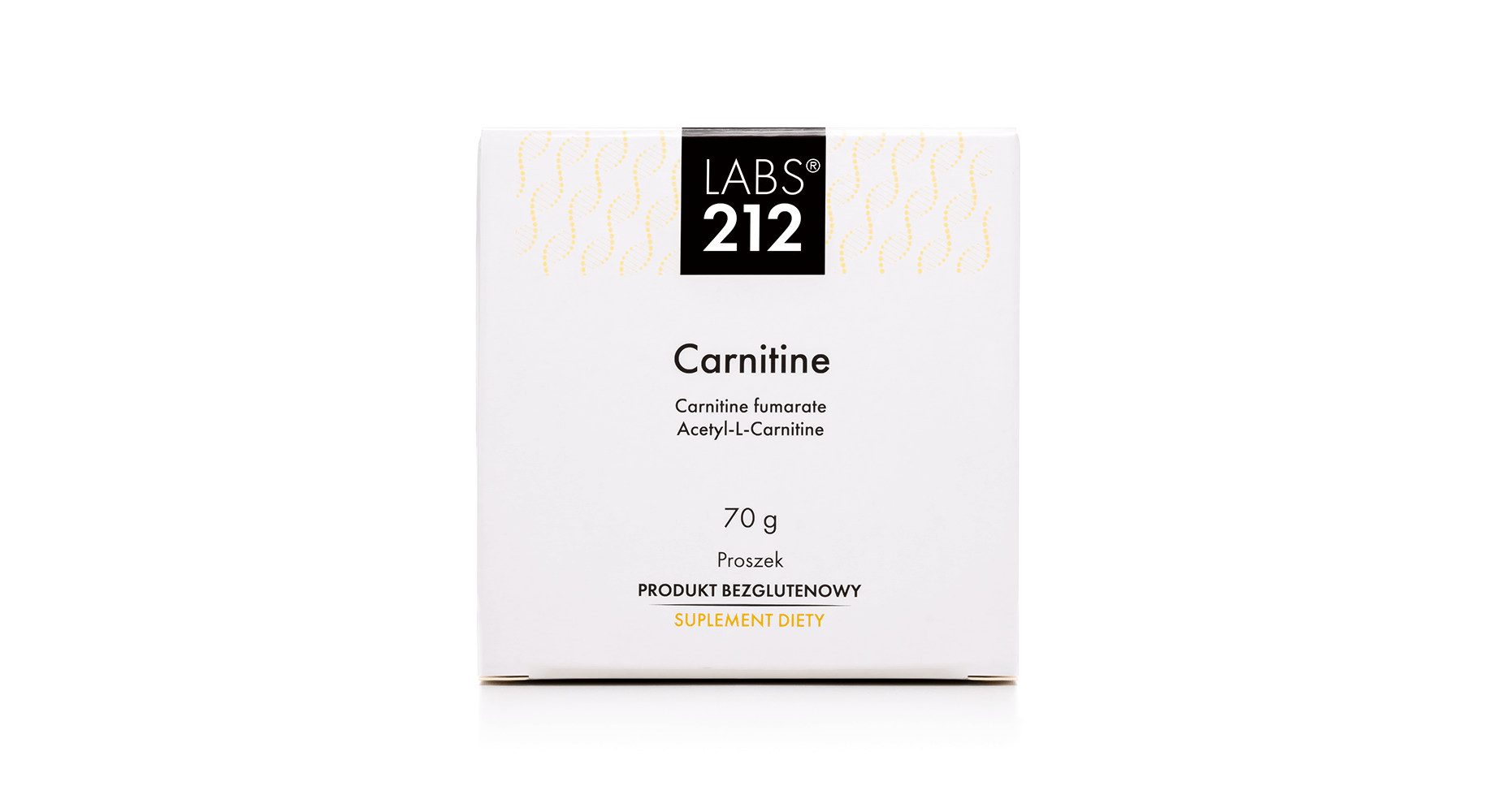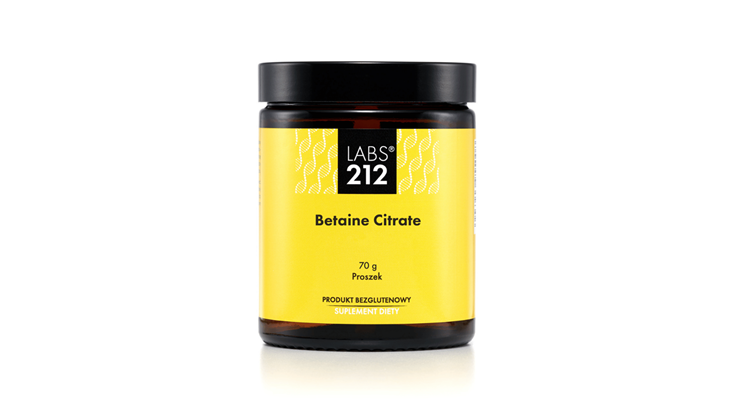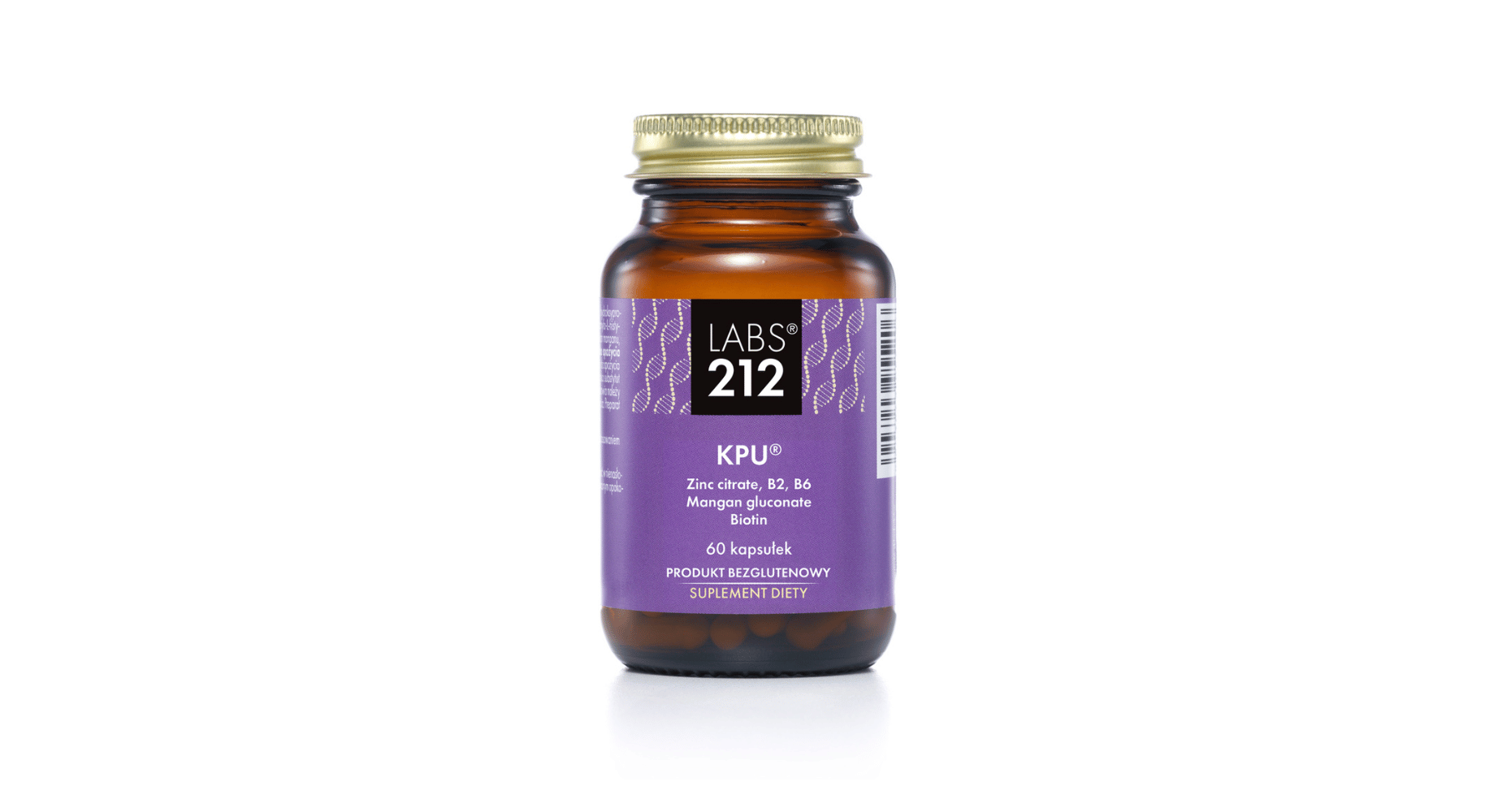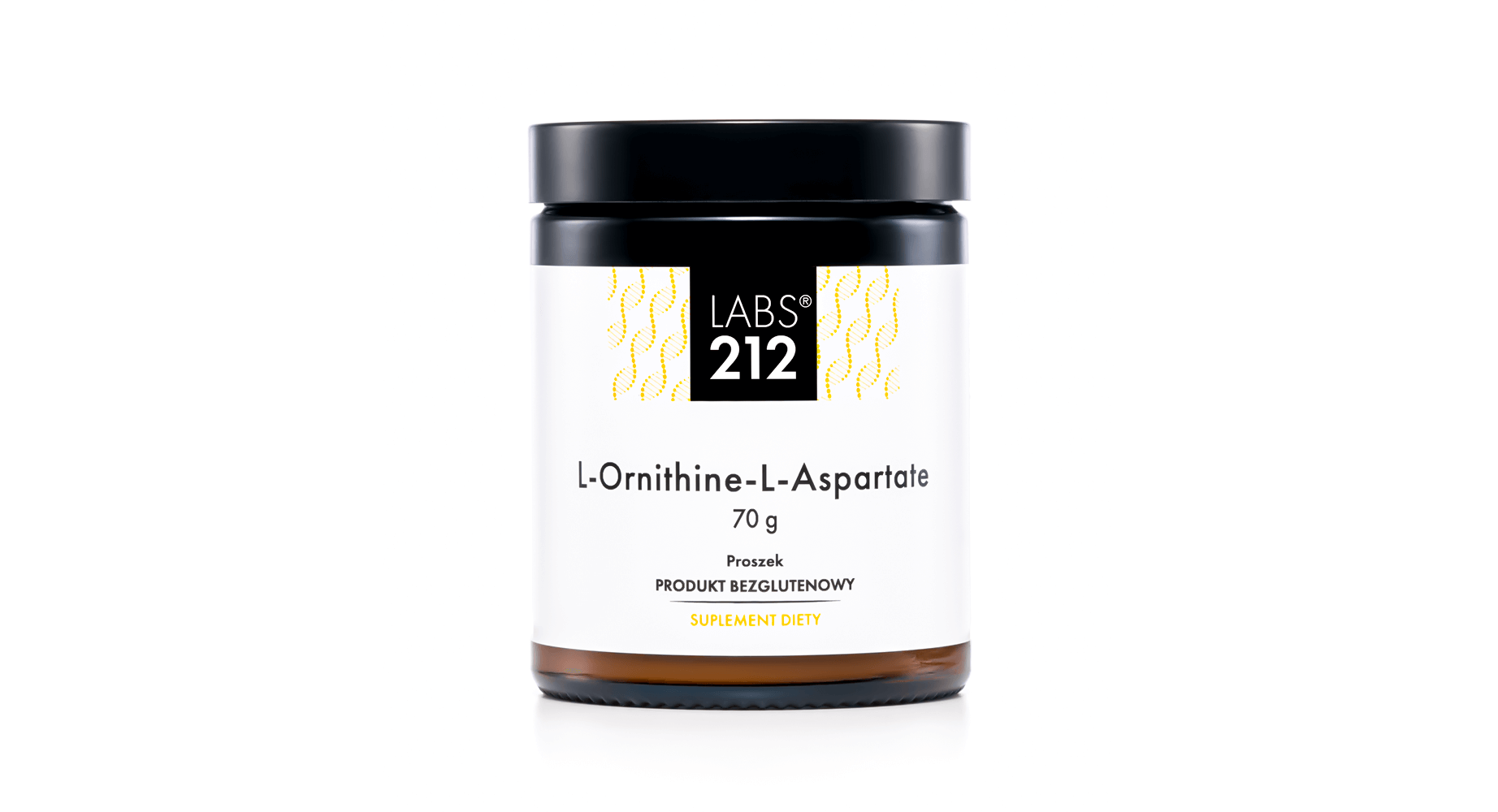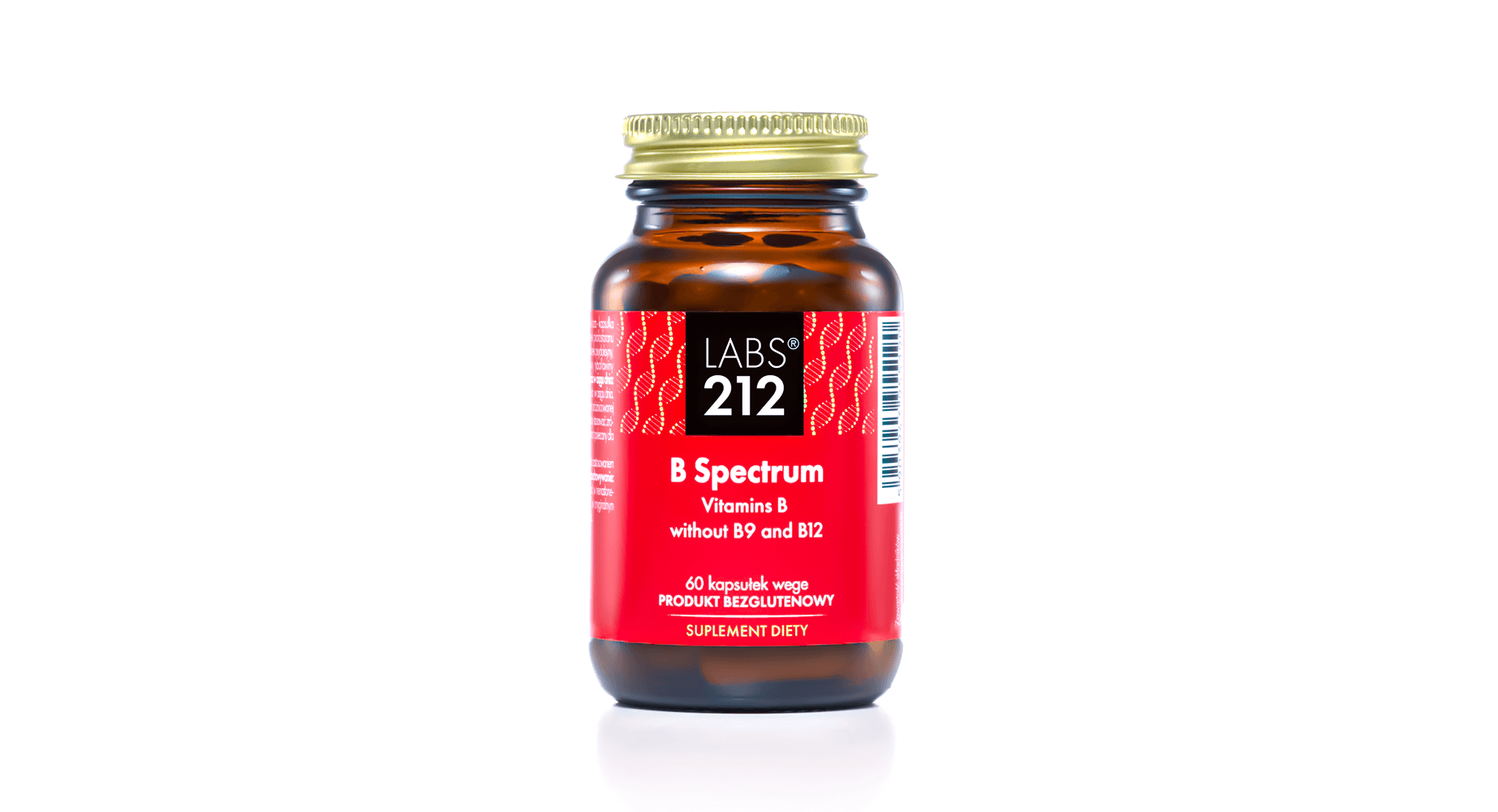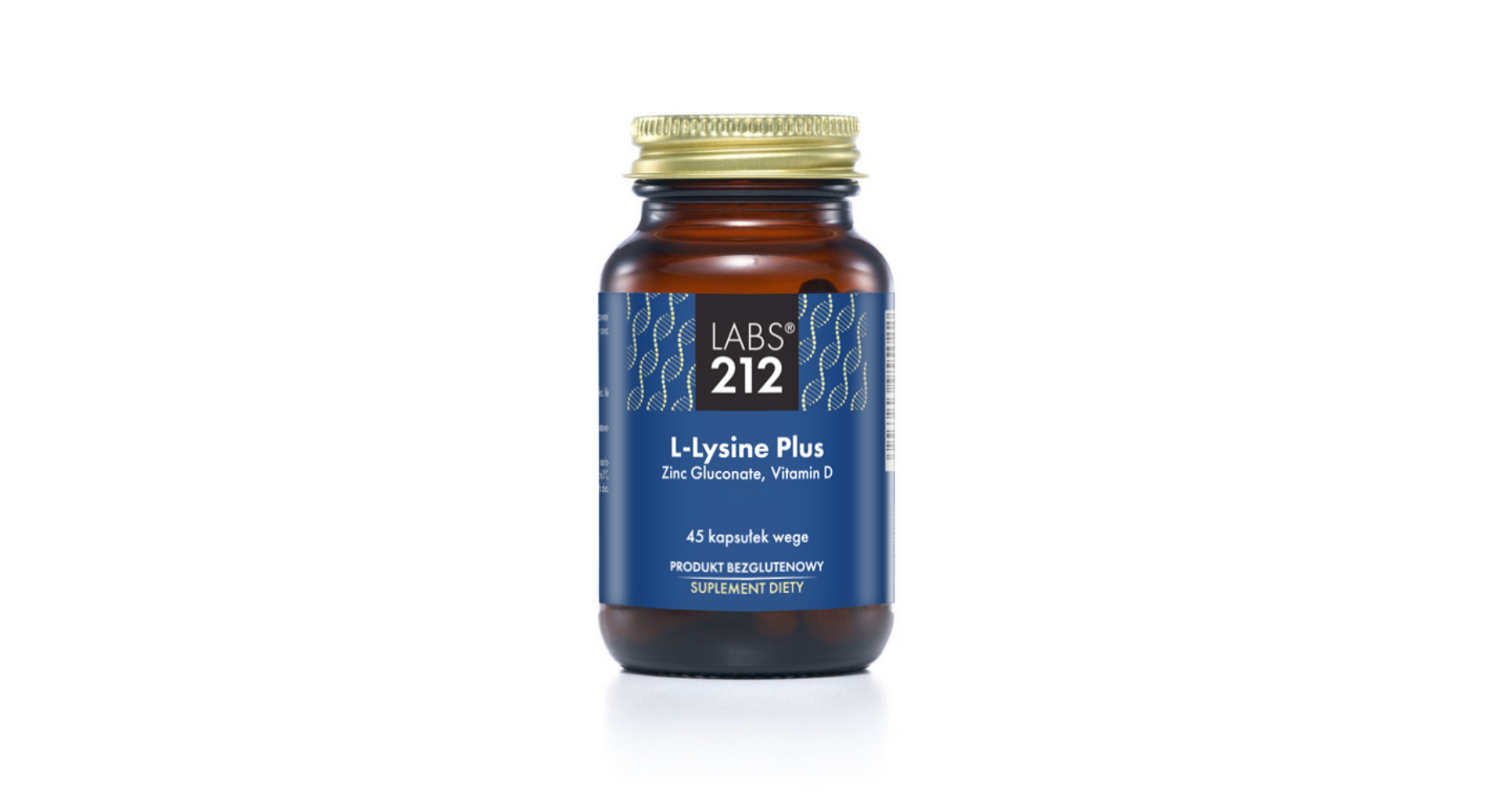Safe shopping guarantee. You will receive your product or your money back. See details
Carnitine
99,99 zł Lowest price 30 days before discount: 99,99 zł.
Regenerates and supports the nervous system. Supports efficient fat metabolism.
Dietary supplement
Carnitine
Regenerates and supports the nervous system
Supports efficient fat metabolism
A blend of highly absorbable and active forms of Carnitine: Fumarate and ALC
Tested microbiologically, for heavy metals and ethylene oxide
Servings per container: 46
99.99 zł
639 in stock
Price per 100 g: 142,84 zł

Lowest price 30 days before discount: 99,99 zł.

Discover our blend of Fumarate and Acetyl-L-Carnitine
Fumarate or fumaric acid (as well as L-carnitine) is present in the human body and is an integral part of the Kreb’s cycle (citric acid cycle), one of the links in our body’s energy production. Acetyl-L-carnitine supports cognitive functions and the nervous system. The combination of L-Carnitine and Fumarate provides dual support for energy production in the mitochondria. In addition, the combination with Acetyl-L-Carnitine, the most absorbable form of carnitine, gives us a combination of two ‘powerful’ forms that work synergistically.
References:
Ando S, Tadenuma T, Tanaka Y, Fukui F, Kobayashi S, Ohashi Y, Kawabata T. Enhancement of learning capacity and cholinergic synaptic function by carnitine in aging rats. J Neurosci Res. 2001 Oct 15;66(2):266-71. doi: 10.1002/jnr.1220. PMID: 11592123.
The name ‘carnitine’ comes from the Latin caro, carni because this compound was originally isolated from meat. Although carnitine can be supplied with the diet (this is difficult for vegetarians and vegans), the body also produces carnitine endogenously from the two amino acids: lysine and methionine with the help of vitamins C and B6, iron and niacin. The best dietary sources of carnitine are animal products such as meat, fish, poultry and milk.
In chemical structure, the carnitine molecule resembles choline. As with choline, carnitines affect the smell of urine, breath and sweat, which can become a little more… fishy.
Excess carnitine, if needed, is excreted with the urine through the kidneys. Most – up to 86% – of ingested carnitine is absorbed in the small intestine and then enters the bloodstream.

